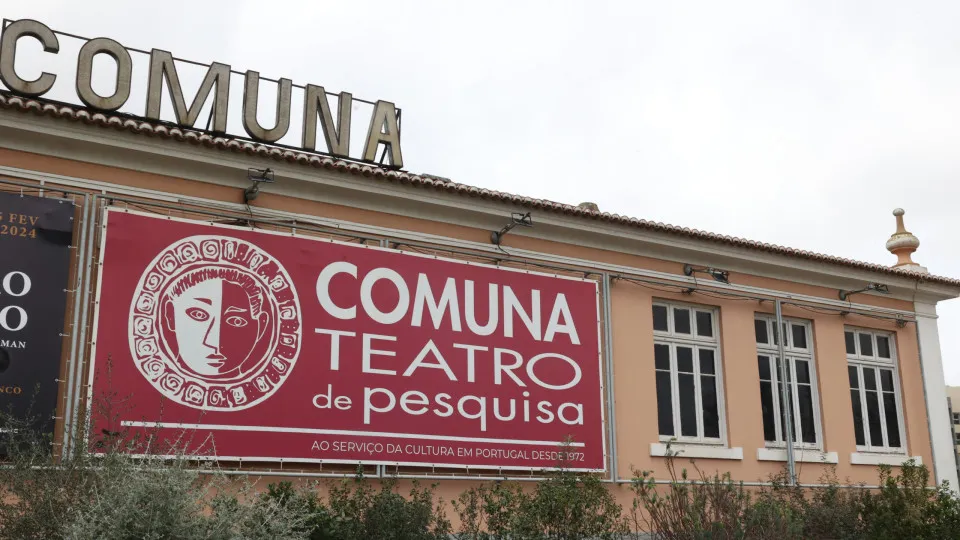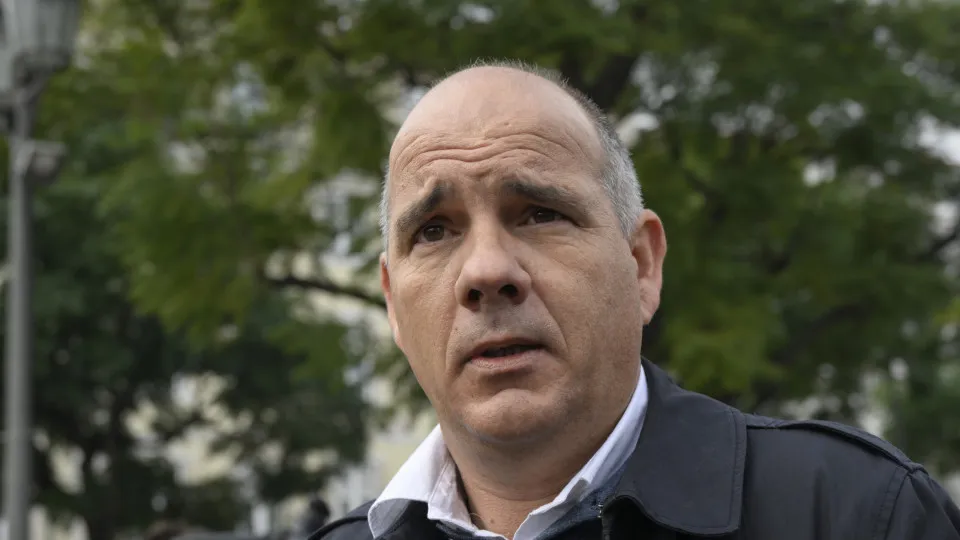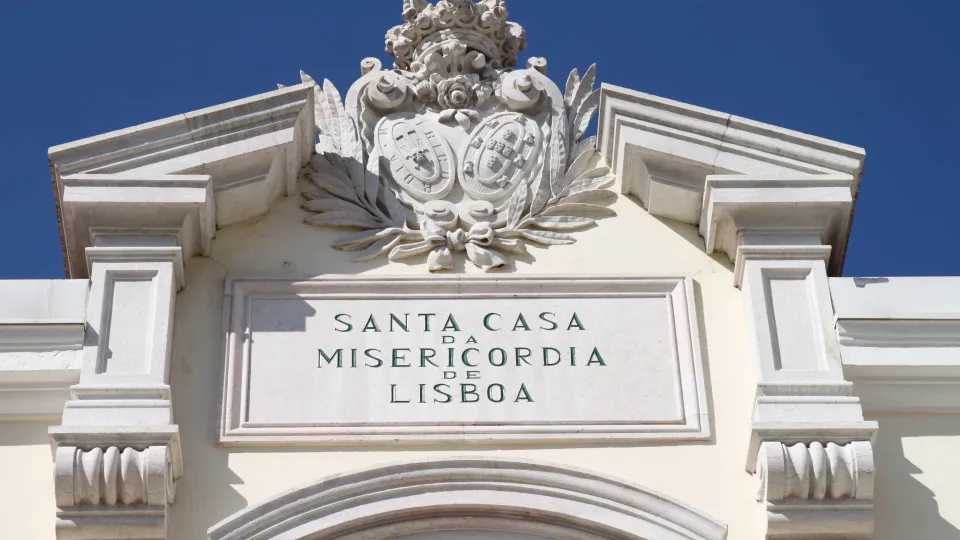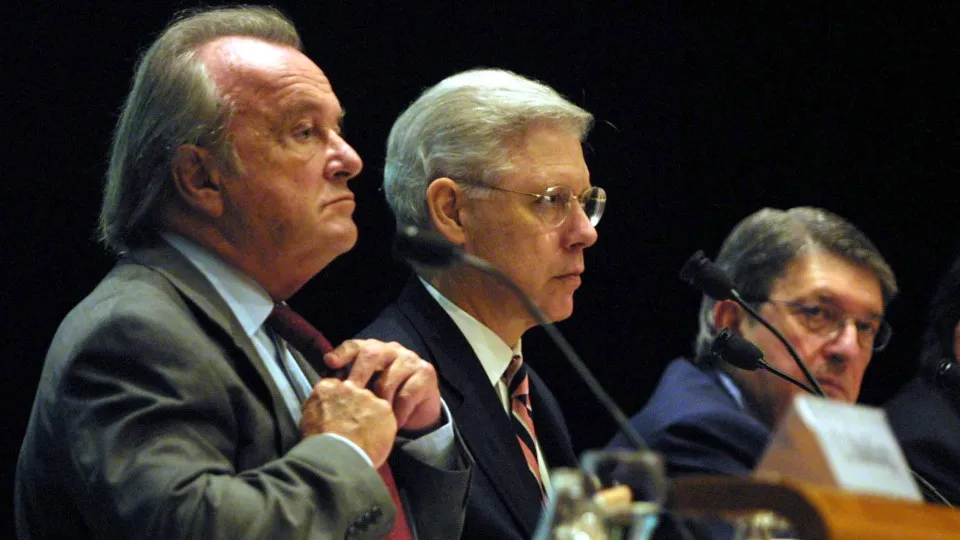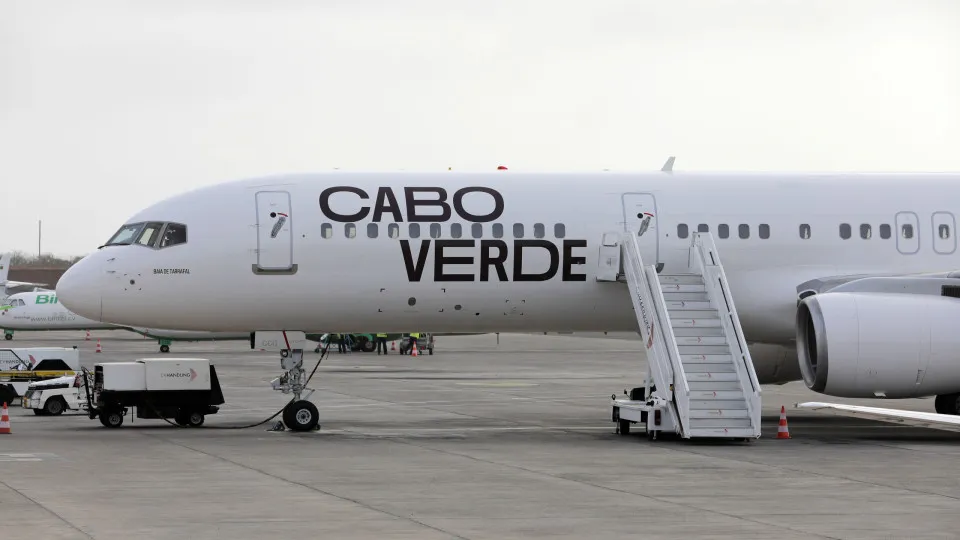
Victor Fidalgo, a private shareholder, announced that Mário Tavares, previously the Director of Quality, will assume the role of executive administrator. This completes the trio on the board of directors, where Nádia Teixeira remains.
“The names already have a certain ‘background’ within the company and the sector; we hope it will work out,” remarked the shareholder, referring to Armindo Sousa’s previous experience as an executive administrator.
“TACV has some financial weaknesses; it is normal for any decision with financial implications to involve consultations with the main supporter,” added the shareholder, indicating the state, which holds a 90% majority stake.
A TACV source informed that the company would provide an official statement on the leadership changes at a later time.
The airline was conducting international flights until it was required to attend to domestic flights following the collapse of the BestFly concession in 2024.
According to the latest state report on the business sector, the airline recorded a net loss of 637.6 million escudos (6.1 million euros) in the third quarter of 2024, positioning it as one of the higher-risk companies.
Despite showcasing “robust operational performance,” a “sustained recovery trajectory,” and “significant growth potential,” profitability was impacted by “total operating expenses of 1.9 billion escudos (17.2 million euros), notably leasing costs which reached 575 million escudos (5.2 million euros) and continue to be a significant burden,” reads the document.
Various entities have suggested TACV focus on resolving chronic issues in domestic flights, where it holds a monopoly, while exiting international routes facing increasing competition from low-cost airlines.
The government has emphasized the need to be cautious about over-dependence on low-cost airlines for international air transport, particularly in an archipelago with a significant diaspora.

